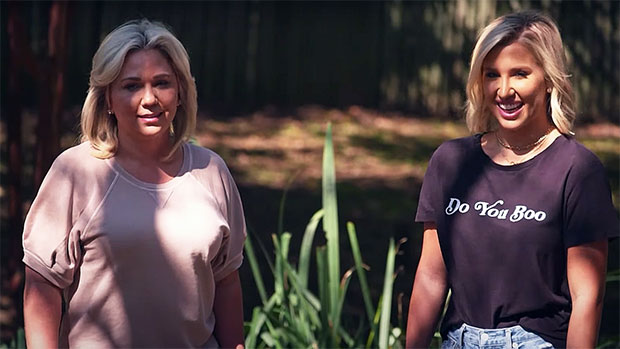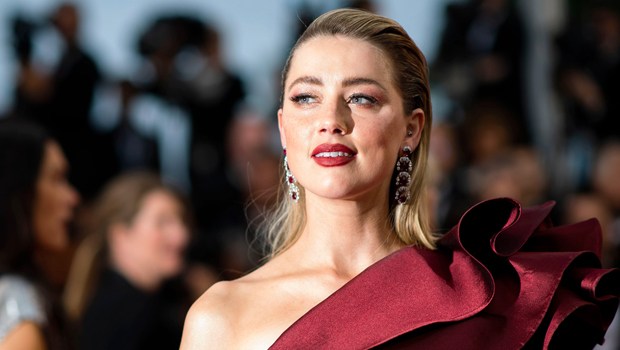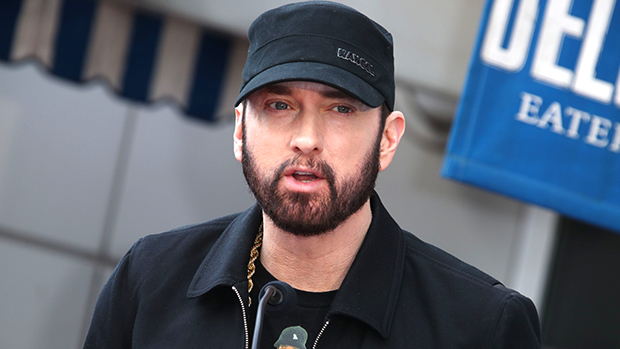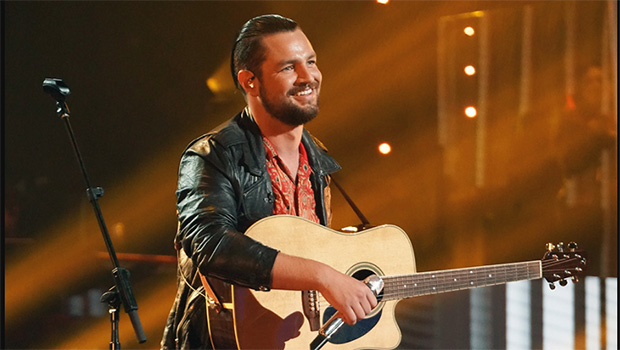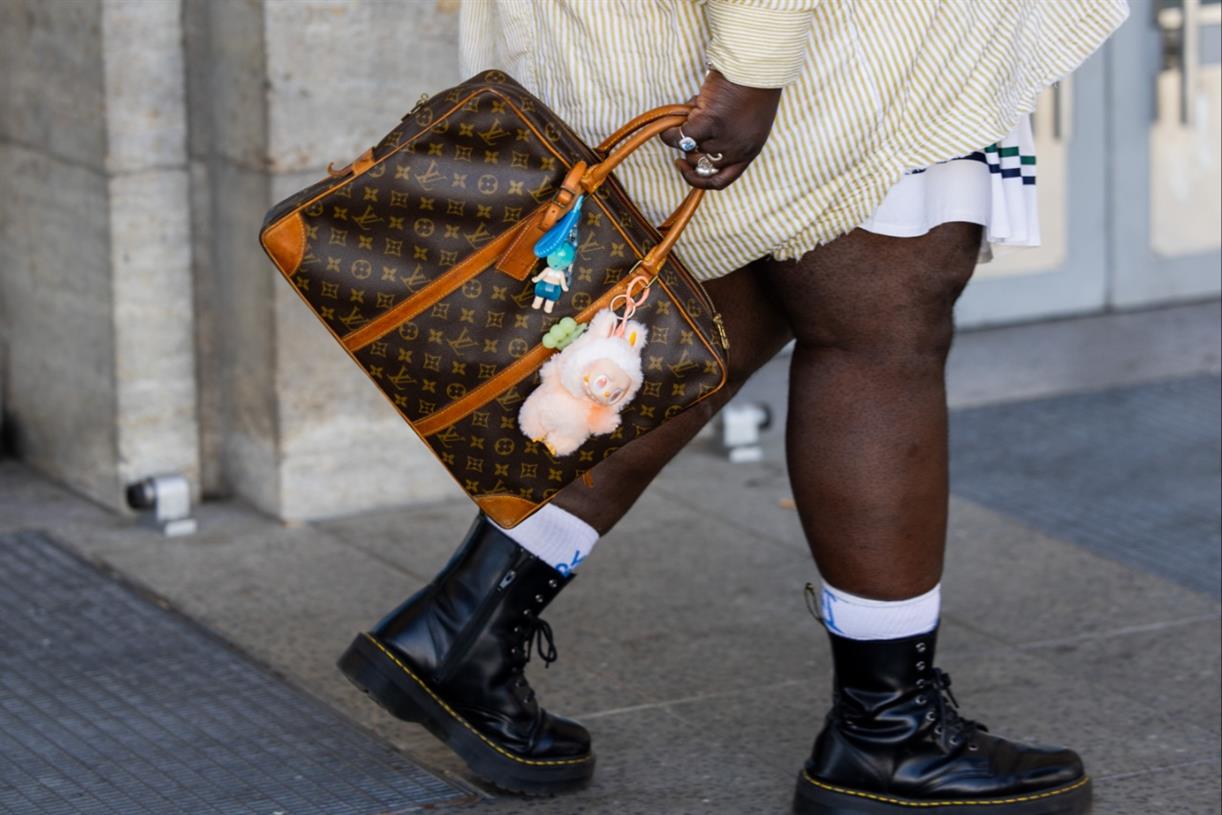Quote of the Day: Viola Davis & “The Woman King” Cast on Being Black Women in the Biz & Building Sisterhood
The stars of Gina Prince-Bythewood’s highly anticipated “The Woman King” — Viola Davis, Lashana Lynch, Sheila Atim, Thuso Mbedu, and Adrienne Warren — speak frankly about their hopes for the project, misogynoir in Hollywood, and the importance of solidarity...
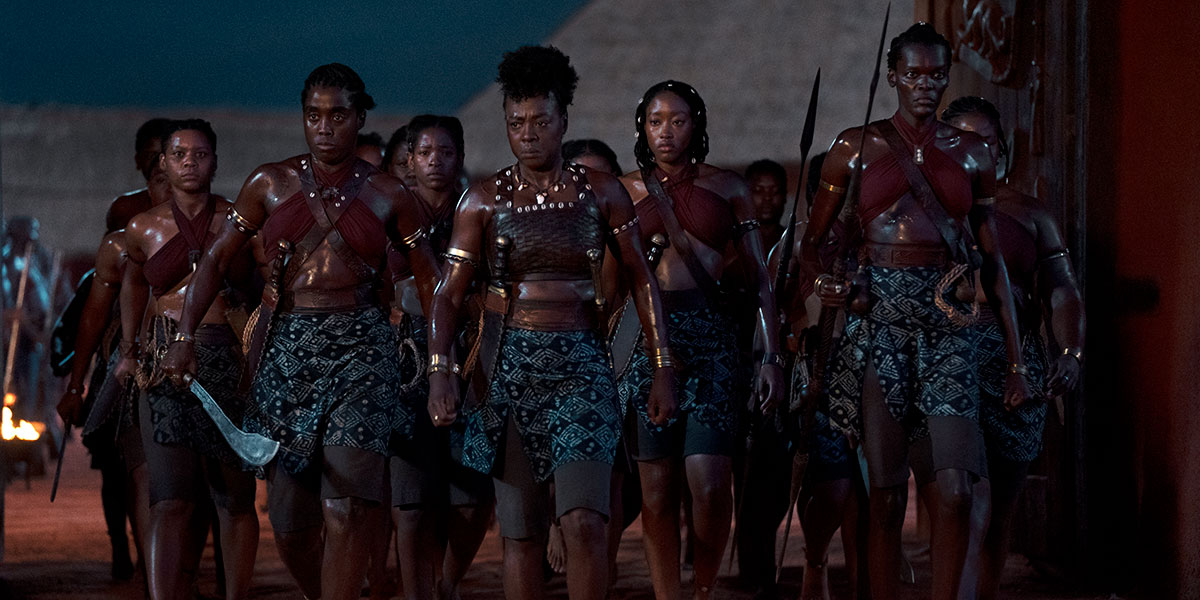
The stars of Gina Prince-Bythewood’s highly anticipated “The Woman King” — Viola Davis, Lashana Lynch, Sheila Atim, Thuso Mbedu, and Adrienne Warren — speak frankly about their hopes for the project, misogynoir in Hollywood, and the importance of solidarity among Black women, as part of Essence’s September digital cover story. Set to make its world premiere at TIFF this Friday, September 9, “The Woman King” is an historical epic that tells the true story of the Agojie, an all-women military unit responsible for protecting the African Kingdom of Dahomey from colonizers and slave traders.
Opening up about the film industry’s marginalization of Black artists, Black women artists specifically, Davis revealed she had doubts that “The Woman King” would ever actually get made. “I’m saying this now because it’s been almost eight years — I would say at the time it didn’t hit me. Not the story. The story hit me. The possibility of the story seeing light did not hit me,” the Oscar-winning “Fences” actress explained. “I think that’s important to say, because we are sort of thrust into this business. We’re sort of thrust in the world too, but that’s a whole different conversation. But we’re thrust in the business automatically assuming that something is not going to happen if it’s never been done before. There’s not going to be any support, no one’s going to want to do it, no studio’s going to give it the green light vote, and who would want to see me like that?”
Davis went on to call out Hollywood’s systemic anti-Blackness and misogynoir, including the obstacles Black artists have to overcome to tell their stories. “There are no words to describe the journey, the sweat, the blood, the war, that is being a Black artist and being a Black female artist. If people understood what goes on in the room, what goes on in the studio, what goes on in a heart, what freaking dies in us at times,” she stressed. “When they see the carnage of all the Black actors who were out there, even during the Sydney Poitier years, that couldn’t even have an agent, because it was nothing out there for them. If they see the blood, sweat, and tears of what it took, not just for this movie, just what our journey is. Then they would be on board. They would be on board because they would understand the absolute importance of it.”
Lynch, Atim, and Warren chatted about the positive impact “The Woman King” has already had on their lives. “I’m just really grateful that all of my experiences and all of the no’s and all of the complications and all of the ‘We’re going with a white girl, a lighter girl, a short girl, a more experienced girl–’ we’ll go with all of those girls because they, aesthetically, make more sense than the tall, Black, curvy, short-haired, dark skin girl from London who doesn’t dot her i’s and cross her t’s all the time, and who has opinions, [got me here],” Lynch said. “I cannot comprehend how this is going to reverberate throughout our lives. Let alone throughout the world. The world is one thing, but in our lives there’s something that we can have forever.”
Meanwhile, Atim and Warren gushed about working on a project that is predominately led by Black women from across the African diaspora. “I personally felt so enriched by being able to work with people who weren’t Black British or even who were Black British but have a different heritage from me, for us to all be in the same place,” Atim shared. “I learned from everyone and I hope that people learned from me as well. I think that’s a huge part, what we are able to do for people outside of ourselves. And there’s also what we are able to do to each other, first and foremost, before we then present what we created.”
Warren said, “Our togetherness is resistance. We are so much stronger together. I didn’t know I had sisters in places. That’s how it felt being on this set. My sisters have multiplied. And the beauty in that, and the beauty in what we have learned from each other because of our individual lived experiences, and the beauty that we present when we come together, we present what the world has never seen before.” The “Women of the Movement” star continued, “They love, ‘they’ meaning the system, meaning everything else out there, loves to divide us, because if you divide us, then you can conquer us. Try to penetrate us. You won’t because we have been through so much, and because in each and every way, we’re not superheroes, we’re actually warriors,” she declared. “We’re Black women.”
As for Mbedu, she expressed gratitude for the faith Davis and Prince-Bythewood had in her. “My biggest takeaway is that I really am stronger than I think or believe or allow myself to be. And that there is a greatness that you saw that I have not been allowed to see in myself that I need to take in,” the “Underground Railroad” actress said. “I thank you for seeing me. Because even now I don’t think I see myself.”
“The Woman King” will open in theaters September 16.

 Koichiko
Koichiko 








